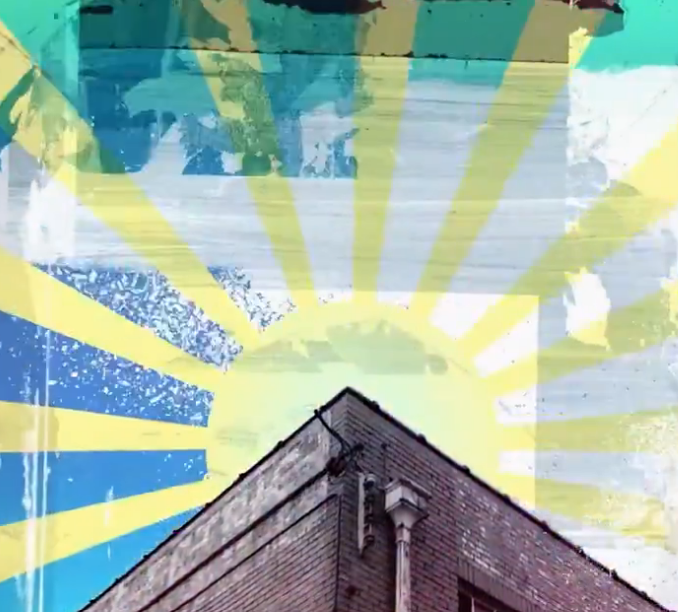From reproductive rights to climate change to Big Tech, The Independent is on the ground when the story is developing. Whether it’s investigating the financials of Elon Musk’s pro-Trump PAC or producing our latest documentary, ‘The A Word’, which shines a light on the American women fighting for reproductive rights, we know how important it is to parse out the facts from the messaging.
At such a critical moment in US history, we need reporters on the ground. Your donation allows us to keep sending journalists to speak to both sides of the story.
The Independent is trusted by Americans across the entire political spectrum. And unlike many other quality news outlets, we choose not to lock Americans out of our reporting and analysis with paywalls. We believe quality journalism should be available to everyone, paid for by those who can afford it.
Your support makes all the difference.
Read more
Oasis faced a backlash online this week after sharing a video featuring a rising sun, which fans in Asia said closely resembled a symbol of Japanese imperialism and Second World War militarism.
On 8 August, the band shared a video on their social media accounts for their song “Morning Glory”, which contains a stylised sun motif with radiating rays recurring over various scenes, from graphic landscapes to urban backdrops.
South Korean fans were quick to point out the resemblance to the Rising Sun Flag and were upset at the video’s release just days ahead of South Korea’s Liberation Day on 15 August, a commemoration of the country’s independence from Japanese colonial rule.
Oasis are scheduled to perform in South Korea and Japan later this year. They have a show set for 21 October at the Goyang Sports Complex in Gyeonggi province, followed by two shows on 25 and 26 October at the Tokyo Dome.
The Rising Sun Flag, known as the “Kyokujitsu-ki” in Japanese, features a red sun with 16 rays extending outward and was used by the Imperial Japanese Army and Navy from the late 19th century until Japan’s defeat in 1945.
Though still used today by Japan’s Self-Defense Forces, the flag is widely regarded in countries such as South Korea, North Korea, and China as a symbol of militarism, colonial aggression and wartime atrocities committed during Japan’s imperial expansion.
Critics of its use argue that it evokes painful historical memories similar to the symbolism of the Nazi swastika in Europe.

Oasis has received massive backlash online after the band shared a promotional video that prominently features imagery resembling the Rising Sun Flag (Oasis)
“If you plan to keep disrespecting Korea and never set foot here again, then stick with this one. Otherwise, fire them and get someone else,” commented one person on X, formerly Twitter.
“Brilliant. Nothing says rock n roll like slapping a symbol of imperial violence into a video. It’s 2025, lads — thought we’d left this colonial throwback in the history books, not on track visuals. You can’t plead ignorance forever. At some point, it’s not a mistake. It’s a choice,” wrote another.
“Don’t you want to sincerely apologize for the Rising Sun Flag and delete the video? Many Korean fans, including myself, are very disappointed,” another fan wrote on the group’s Instagram.
At the time of writing, the video was still up on the band’s social media accounts.
The Independent has reached out to representatives of Oasis for comment.
This is not the first time Oasis has encountered controversy in the region. In July, frontman Liam Gallagher came under fire for posting a racially offensive term on social media, one widely recognised as derogatory toward East Asians.
After public criticism, Gallagher eventually deleted the post and wrote: “I’m sorry if I upset anyone. I love all people and do not discriminate. Peace and love.”
